Record high global levels of the greenhouse gas carbon dioxide, CO2, were measured in September at over 400 parts per million for the first time in 15 million years, jolting leaders into awareness that Earth’s climate is changing quickly.
+Read More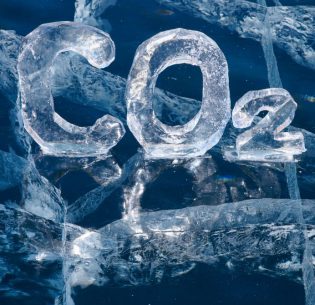

Record high global levels of the greenhouse gas carbon dioxide, CO2, were measured in September at over 400 parts per million for the first time in 15 million years, jolting leaders into awareness that Earth’s climate is changing quickly.
+Read More
Globally, 1.2 billion people depend on agroforestry farming systems, especially in developing countries, the World Bank calculates. Yet, trees on farms are not even considered in the greenhouse gas accounting framework of the Intergovernmental Panel on Climate Change.
+Read More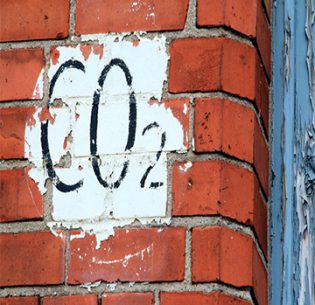
As the climate heats up, scientists and engineers are finding new ways to lessen the impact of fossil fuel combustion on the climate – both by sequestering the carbon dioxide (CO2) emitted and by producing electricity with this most prevalent greenhouse gas.
+Read More
Mirror, mirror on the wall, whose city is the greenest of them all? The mirror held up by the corporate strategy consulting firm Solidiance reflects the answer in a new report that compares the performance of 10 global cities and their green buildings.
+Read More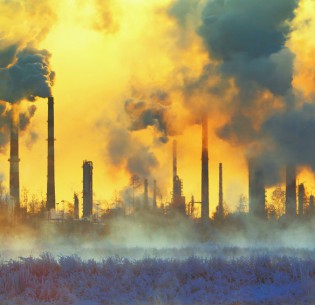
“There is a growing sense of inevitability about putting a price on carbon pollution,” said World Bank Group President Jim Yong Kim on the eve of the April 22 signing ceremony at UN Headquarters of the Paris Climate Agreement.
+Read More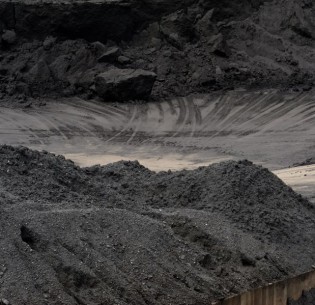
Since the Paris Climate Agreement was reached in December, preventing the greenhouse gas carbon dioxide (CO2) from entering the atmosphere has become a top priority for many governments, utilities and private individuals who believe climate change to be the major problem of this generation.
+Read More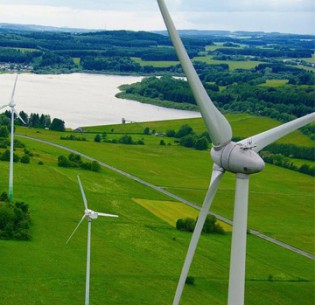
A broad political will and the involvement of many different economic and social actors are essential for successful transition to a green economy, conclude researchers from five institutes of the Partnership for European Environmental Research (PEER).
+Read More
All the countries that top the greenhouse gas emissions list are among those cooperating on a long-term energy project that some say is also a long shot – nuclear fusion.
+Read More
Within two years China will open a national market-based cap-and-trade system to limit greenhouse gas emissions from some of its largest industrial sectors, President Xi Jinping announced late last month during his visit to the United States.
+Read More